Finding Help for OCD: Taking the First Steps Towards Recovery
Obsessive-Compulsive Disorder (OCD) can be a challenging condition to live with, but the good news is that there is help available for those struggling with OCD symptoms. Whether you're experiencing intrusive thoughts or engaging in compulsive behaviors, reaching out for support and professional help is an essential step towards managing your OCD. In this blog post, we will explore avenues for seeking OCD help and the importance of early intervention.
Recognizing the Signs of OCD
The first step towards finding OCD help is recognizing the signs and symptoms of the disorder. OCD is characterized by intrusive, distressing thoughts (obsessions) and repetitive behaviors or mental acts (compulsions). Some common signs of OCD include:
Excessive fear of germs or contamination
Unwanted thoughts of harm coming to oneself or others
Need for symmetry or exactness
Constantly checking things or performing rituals to reduce anxiety
Intrusive thoughts that go against personal values or beliefs
If you have been experiencing these symptoms and they are significantly impacting your daily life, it may be time to seek professional help.
Professional Support for OCD
When it comes to managing OCD, seeking professional support is crucial. Mental health professionals who specialize in OCD treatment can provide various forms of therapy and interventions to help individuals regain control over their lives. Some effective treatments for OCD include:
Cognitive-Behavioral Therapy (CBT): CBT is a widely recognized and evidence-based treatment for OCD. It involves identifying and challenging irrational thoughts and learning new coping strategies to manage obsessions and compulsions.
Exposure and Response Prevention (ERP) Therapy: ERP is a specific type of CBT that focuses on gradually exposing individuals to their fears and helping them resist the urge to engage in compulsive behaviors. This therapy helps individuals learn that their anxiety can decrease without engaging in their usual rituals.
Medication: In some cases, medication may be prescribed by a psychiatrist or medical professional to manage symptoms of OCD. Selective serotonin reuptake inhibitors (SSRIs) are commonly used to help reduce anxiety and obsessive thoughts.
Support Groups and Peer Networks
Support from others who understand what you're going through can be invaluable. Consider joining local or online support groups where individuals with OCD or their loved ones gather to share experiences, coping strategies, and encouragement. Connecting with others who have faced similar challenges can provide a sense of validation, support, and inspiration on your journey towards managing OCD.
Self-Help Strategies for OCD
While professional help is essential, there are steps you can take on your own to manage OCD symptoms:
Educate Yourself: Learn more about OCD through reputable sources to gain a better understanding of the disorder and treatment options available. Knowledge is power when it comes to managing OCD.
Practice Self-Care: Engage in activities that promote overall well-being, such as exercise, healthy eating, and sufficient sleep. Taking care of your physical health can positively impact your mental health.
Manage Stress: Develop healthy stress management strategies, such as practicing mindfulness, deep breathing exercises, or engaging in relaxation techniques. Stress can exacerbate OCD symptoms, so finding ways to manage stress is crucial.
Taking the First Steps Towards OCD Help
Reaching out for OCD help is a courageous and necessary act. If you suspect that you or someone you know may have OCD, taking the following steps can help set you on the path towards recovery:
Acknowledge Your Symptoms: Recognize and accept the symptoms you are experiencing as potential signs of OCD.
Seek Professional Evaluation: Consult with a mental health professional who specializes in OCD treatment. They can assess your symptoms and provide a diagnosis.
Discuss Treatment Options: Work with your mental health professional to determine the most suitable treatment plan for your needs. This may include therapy, medication, or a combination of both.
Follow Through and Be Patient: Recovery takes time and effort. Commit to the treatment plan outlined by your mental health professional and be patient with the process. Keep in mind that progress may be gradual, but with perseverance, you can regain control over your life.
Remember, you don't have to face OCD alone. Seeking help is a sign of strength and can open doors to effective treatment and a brighter future. Take that first step today and start your journey towards managing your OCD symptoms and reclaiming your life.
Please note that this blog post is for informational purposes only and should not replace professional advice. Always consult with a qualified mental health professional for personalized guidance on your specific situation and needs.
Looking to get started with OCD counseling? Schedule a free treatment consultation with one of our OCD specialists today.
